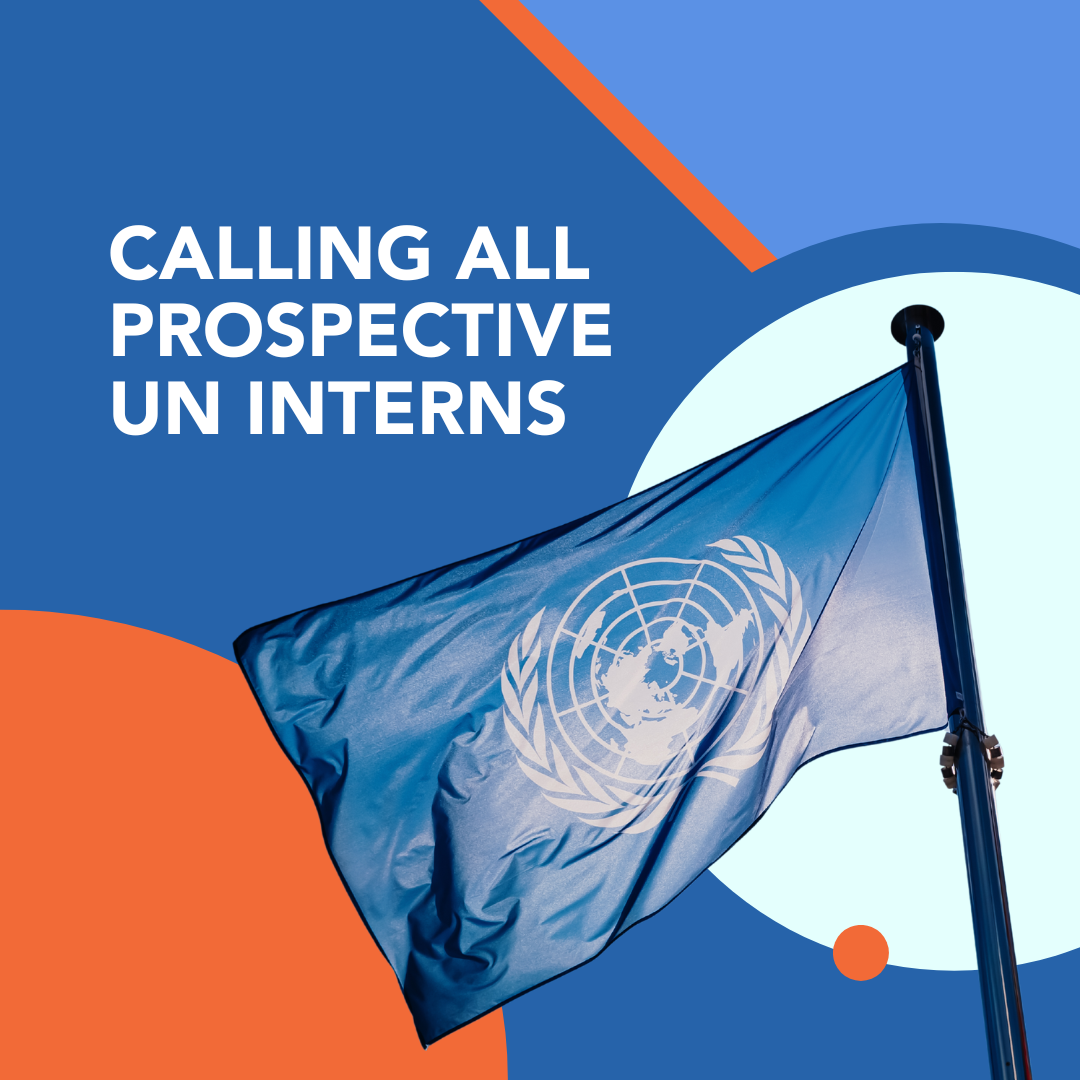UN Intern Reflection: Clive Johnston, UNA-USA Fellow
Clive Johnston serves as the Intergovernmental Affairs and Data Science Intern within the United Nations General Assembly (GA) and Economic and Social Council (ECOSOC) Affairs Branch. Clive is supported by a grant from the UNA-USA Fellowship Initiative.

I wasn’t entirely sure what to expect from my internship. I was open to doing most type of work, expecting that as an intern this might include some less-than-exciting tasks. I was generally just excited to get the chance to be at UNHQ in New York surrounded by the diplomats and secretariat staff that work to promote the mission of the UN.
So when I found out on my first day that I would regularly be sitting in the GA Hall observing meetings, I was overjoyed. My department works on the the “behind the scenes” aspects of meetings of the GA and ECOSOC. This includes helping member states sign up to speak during debates and managing the speakers list, tallying votes, making sure that delegations know where they are supposed to be seating, and many more support functions. A lot of these duties might be often overlooked, but member states rely on my department to make sure they are able to effectively participate in the UN. For example, if a member state initially decides to support a resolution, but then subsequently changes its mind, my team might be receiving a frantic email from the member state to assist them on this!
I have performed a variety of tasks during my internship. In my first week, I helped oversee the balloting for elections to the Security Council. Security Council elections are “blind,” which means that member states anonymously write down who they are voting for on ballots that we distribute to them. And then they have to be tallied, which is where my team and I come in. It was rewarding to participate in this process, and then see the results of the elections all over the news the next day! Another task of mine is to produce summaries of the agenda of various meetings to be published to the UN Journal. This is important because if a member state is unable to attend a meeting, they might want to be able to quickly see what they missed without having to watch the entire recording of the meeting. These summaries also contain the results of votes, which is something member states may also want to refer to in the future.
This work has given me an appreciation for the role of the Secretariat staff at the UN. In the past when I thought of a career at the UN, I mostly thought about being a diplomat. However, now I know that working to promote diplomacy doesn’t just mean being a diplomat! In the future, I could envision myself working at a similar role to the one I have now, knowing that my “behind the scenes” work is crucial to diplomacy and to the fulfillment of the mission of the UN!

The UNA-USA Fellowship provides financial support for American undergraduates, undergraduates who have received their bachelor’s degree within one year of graduation, and first year master’s students who have secured unpaid internships with the United Nations. If selected, you can be awarded up to $13,000 for up to four months.
Learn More


